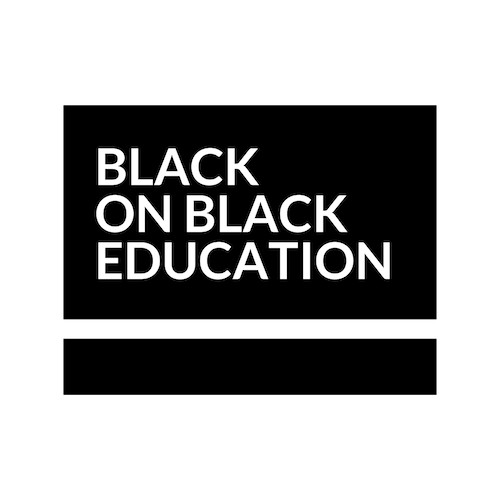Beyond Grades: Skills for Real-world Success
"I’m smart, I got good grades."
"I’m stupid, I'm failing all my classes."
"I’m never gonna use this."
"This is dumb."
"What's the point?"
These are just a few of the things I constantly heard from students when I started as a teacher five years ago. As a self-proclaimed nerd, I just couldn't understand why so many of them didn’t see the value in school.
At first, I fought them on it, told them they were wrong, denied their experiences, and lectured them on the value and importance of school.
I lost my voice and their ears trying to beat into them that school was important. One day, I just realized I had to SHUT UP and listen (the original name for the blog, but I got scared it was too harsh!).
Once I began to understand their experience in education, it became abundantly clear why they were frustrated and disengaged from school.
My verdict: school wasn’t engaging and was very disconnected from the jobs and careers my students were interested in pursuing. For them, school was deeply connected to rote memorization, control from their teachers, and boring lessons they had to do or they’d fail.
I fell in love with school because I learned to play the game, follow the rubric, never question the teacher, and always finish early to get feedback; although I never quite mastered being quiet in class. This allowed me to maintain over a 3.3 GPA, and my charismatic (AKA kiss-ass) personality helped me maintain positive relationships with most of my teachers. I left the anger, resentment, and depression at the door from my home life and transformed into a “good student” each morning for school, getting the time and attention I so desperately needed as the oldest sibling of four.
Every child can’t or won’t do that, and as student-centered educators, we shouldn’t ask them to.
For the past couple of weeks, we’ve been talking about the ways that school often fails to prepare students for the real world. So many students think that their intelligence or preparedness for life after high school is connected to the grades they get, and while in some cases there is a correlation between the two, “good grades” is not a predictor of success.
Now, I don’t believe everything we teach in school isn’t preparing our young people for success, but I do think a lot of the skills that will support them in their future are not directly taught, just expected for students to learn. Organization, time management, resilience, and self-advocacy, to name a few. (We talked about a bunch more in last week’s blog post, Rethinking Student Success: A Holistic Approach).
I know we can’t stop grading; I get that! But we can reimagine what our grades represent. When I look at my students' grades, I want them to represent how well young people have grown in their ability to:
Organization: Organize themselves, their responsibilities, and their thoughts in writing.
Time Management: Manage their time and use it effectively to get their work done while still having time to do the things they love.
Resilience: Recognize when something is difficult and keep going until they achieve their goals.
Self-Advocacy: Identify and request the support they need to achieve their goals.
Teacher Tip!
This week I want you to add a rubric row to one of your assignments that includes one of the skills we talked about in today's blog. Help students see that their grades are not just about what they can remember but also about what they can do!
Obviously, their command and understanding of the content are important too. But when they grasp the ability and rationale behind these invaluable skills, they better understand the “why” behind school, they understand the point of learning, and finally understand FOR THEMSELVES why school is important.
This blog is titled Shhh, It's Time to Listen, because I want to prove to each and every one of you that it's possible to find a solution to every classroom problem by listening to your students! Don’t believe me? Hit me in the DMs on IG (@blackonblacked), and I’ll give you a student-centered solution to one of your most pressing problems.
Until then, See you next Thursday!


